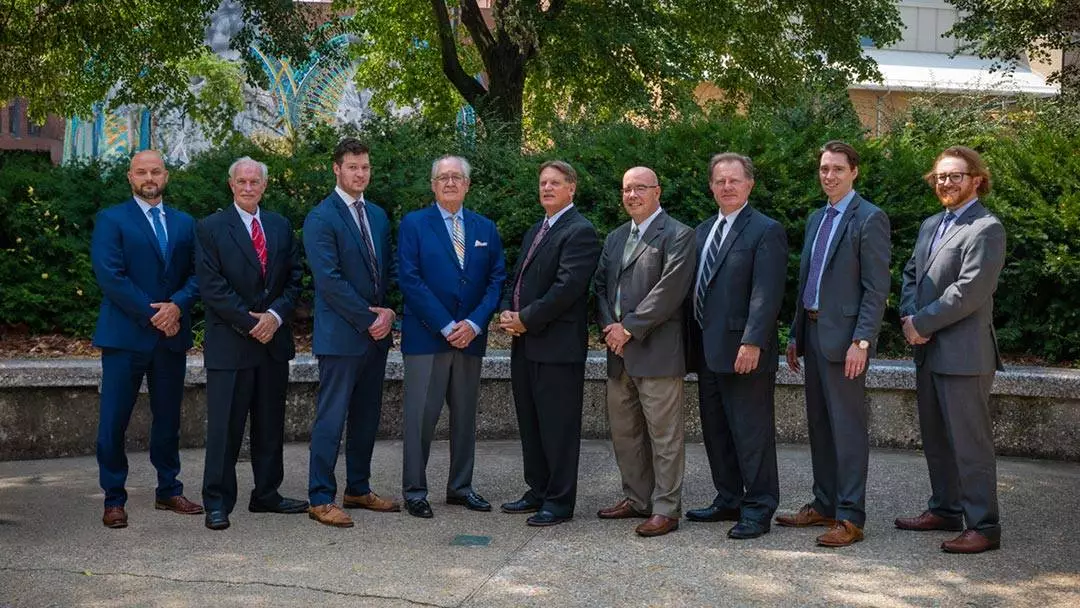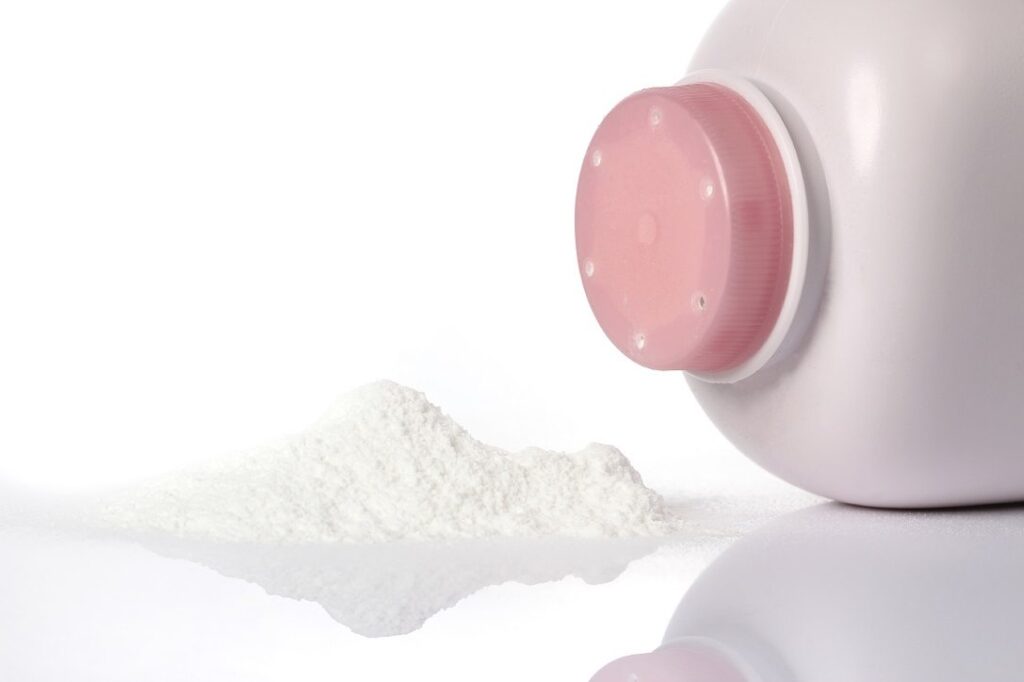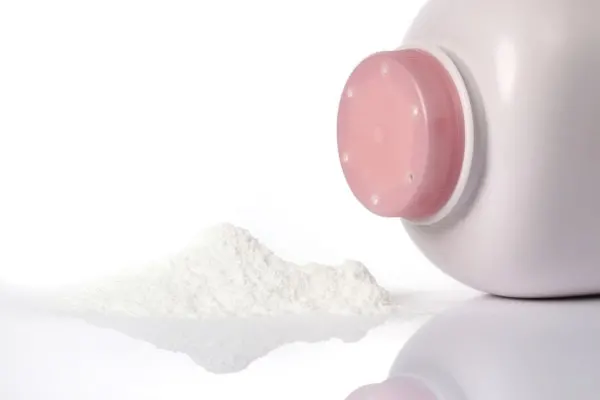A diagnosis of pediatric fatty liver disease in a child is more than a medical condition — it’s a wake-up call, and for many parents, it comes with an overwhelming mix of shock, guilt, and questions. How did this happen? Could it have been prevented? And most importantly, what can you do now to protect your child’s health and hold the right parties accountable?
In this blog, we’ll walk through the legal options available to families like yours, explain how corporations are being held accountable, and show you how to take the first steps toward protecting your child’s future.
What is Pediatric Fatty Liver Disease?
Pediatric fatty liver disease, or non-alcoholic fatty liver disease (NAFLD), occurs when fat builds up in a child’s liver without alcohol consumption. Once considered rare in children, NAFLD now affects an estimated 10% of kids in the United States.
NAFLD can vary in severity:
- Non-alcoholic fatty liver (NAFL): The early stage where fat accumulates in the liver without causing significant inflammation or damage.
- Non-alcoholic steatohepatitis (NASH): A more advanced stage where fat buildup leads to liver inflammation and scarring, which can progress to complications like cirrhosis or liver failure.
What’s particularly concerning about this condition is how silently it develops. Many children with NAFLD experience no symptoms until serious damage has occurred. For some, early warning signs may include fatigue, abdominal pain, or swelling, but for many families, the diagnosis comes as a devastating shock.
The Link Between Ultra-Processed Foods and Fatty Liver Disease
The rise in pediatric non-alcoholic fatty liver disease isn’t a medical mystery — it’s a reflection of the growing dominance of ultra-processed foods in children’s diets. Marketed as “convenient” or “kid-friendly,” these breakfasts, quick snacks, and ready-made meals are carefully engineered to be addictive, often loaded with added sugars, unhealthy fats, and synthetic ingredients that make them all too easy to overconsume.
In December 2024, this connection took center stage in a landmark lawsuit filed by an 18-year-old who was diagnosed with NAFLD after years of consuming ultra-processed foods marketed as healthy staples. Products like sugary cereals, snack bars, and packaged meals all played a significant role in his diagnosis, highlighting the deceptive tactics used by food companies.
How a Mass Tort Lawsuit Can Help Your Family
For families grappling with NAFLD, the landmark lawsuit is more than a legal battle — it’s a pathway to accountability. Families who’ve faced the heartbreak of a child’s health diagnosis are now taking action through mass tort lawsuits, which hold corporations accountable for the damage their products have caused.
A mass tort lawsuit isn’t just about compensation (although that’s an important piece of it). It’s about fighting for change and ensuring that food companies stop prioritizing profits over children’s health. By joining a mass tort, your family will stand with others who have experienced similar harm, sending a powerful message that enough is enough.
Here’s what you can seek through a mass tort lawsuit:
- Medical costs: Compensation for past bills and future treatments related to your child’s diagnosis.
- Emotional toll: Addressing the stress, worry, and upheaval your family has endured.
- Pain and suffering: Recognition of the personal impact this condition has had on your child and your family.
Common Questions About Mass Tort Lawsuits
If this feels like a big step, you’re not alone. Many parents have questions about what’s involved and what it means for their family. Here are a few answers to help you feel more confident moving forward.
What’s the difference between a mass tort and a class action lawsuit?
In a class action, everyone’s experience is treated the same — the outcome is divided equally across the group. A mass tort, on the other hand, allows each family’s unique story to be told. Your child’s diagnosis, medical needs, and what your family has been through will all be individually considered, even though you’re part of a larger effort.
What kind of evidence will I need?
When you’re dealing with something as overwhelming as your child’s diagnosis, gathering evidence might feel like yet another weight on your shoulders. Luckily, we’ll guide you through the process and help piece everything together, including:
- Medical records that document your child’s diagnosis, treatments, or ongoing care.
- Details about the foods your child regularly consumed, whether it’s specific brands, snacks, or meals that were part of your family’s routine.
- Receipts, photos, or other proof that connects your household to these products.
Don’t worry if you don’t have everything neatly organized or even remember all the details. Our job is to fill in the gaps, work with experts, and ensure your child’s story is clearly presented.
Will I need to go to court?
This is a common concern for families, and the answer is: most of the time, no. In a mass tort lawsuit, many cases are resolved through settlements, meaning you never have to set foot in a courtroom.
That said, if sharing your experience becomes necessary, you won’t go through it alone. We’ll fully prepare you, making sure you feel confident and supported every step of the way.
Take the First Step Today
If your child has been diagnosed with NAFLD or another condition linked to ultra-processed foods, exploring legal options is about more than just your family, but about ensuring no other child has to face the same harm. A mass tort lawsuit gives families like yours a voice, the chance to demand accountability, and the opportunity to drive meaningful change.
Ready to learn more? Call us at 330-762-0700 for a free case evaluation. There’s no obligation, just answers — and a team that’s ready to stand with you every step of the way.






